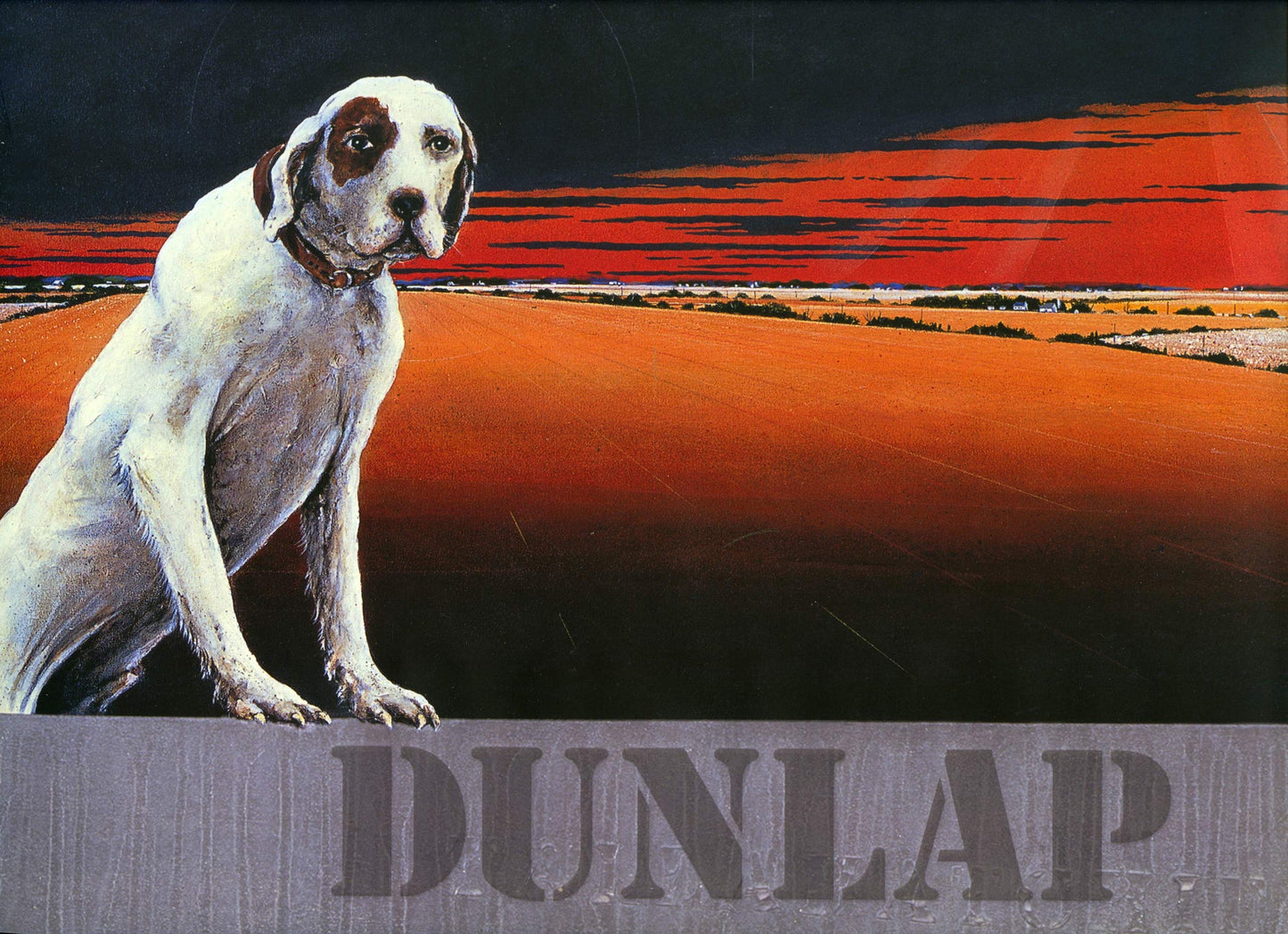Ogden Museum Store
Dunlap
Dunlap
Couldn't load pickup availability
When art reviewers have attempted to pin him down, Mississippi-born artist William Dunlap has called what he does "hypothetical realism." "These places and situations don't exist, but they could," he says. As the book Dunlap demonstrates, the artist and his work resist classification. Images of animals, flowers, Old Masters, found objects, and artifacts explode from traditional, pastoral landscapes. On the margins, in the middle ground, or in a dark lowering sky, foggy letters whisper a witty aside or reveal a crucial place name.
Dunlap creates surreal, disturbing, and sometimes humorous interpretations of the American landscape in paintings, sculptures, constructions, and mixed-media installations. He is a preeminent portrayer of place, especially his native South. His work is included in the collections of the Metropolitan Museum of Art, Lauren Rogers Museum of Art, Corcoran Gallery of Art, and United States embassies throughout the world. He has had solo exhibitions at the Cheekwood Museum of Art, Mississippi Museum of Art, Gibbes Museum of Art, Ogden Museum of Southern Art, Morris Museum of Art, Contemporary Art Center in New Orleans, and other museums and galleries. Dunlap is also widely known for his generous advocacy of artists, for his efforts to increase public awareness of the importance of art, and for his work to secure funding for the arts.
Dunlap includes more than 100 full-color reproductions and features work from every stage of a career spanning more than three decades. An essay by J. Richard Gruber, director of the Ogden Museum of Southern Art, gives both an overview of Dunlap's career and establishes the artist in the context of contemporary American art. The book strengthens William Dunlap's reputation as a major American artist.
Share

Shop Hoa Tay (Flower Hands)
-
Hoa Tay (Flower Hands) baseball cap
Regular price $25.00 USDRegular priceUnit price / per -
No-No Boy, "Empire Electric" Vinyl & CD
Regular price From $15.00 USDRegular priceUnit price / per -
No-No Boy, "1975" Vinyl & CD
Regular price From $15.00 USDRegular priceUnit price / per -
Đặc Biệt by hef Nini Nguyen
Regular price $38.00 USDRegular priceUnit price / per





